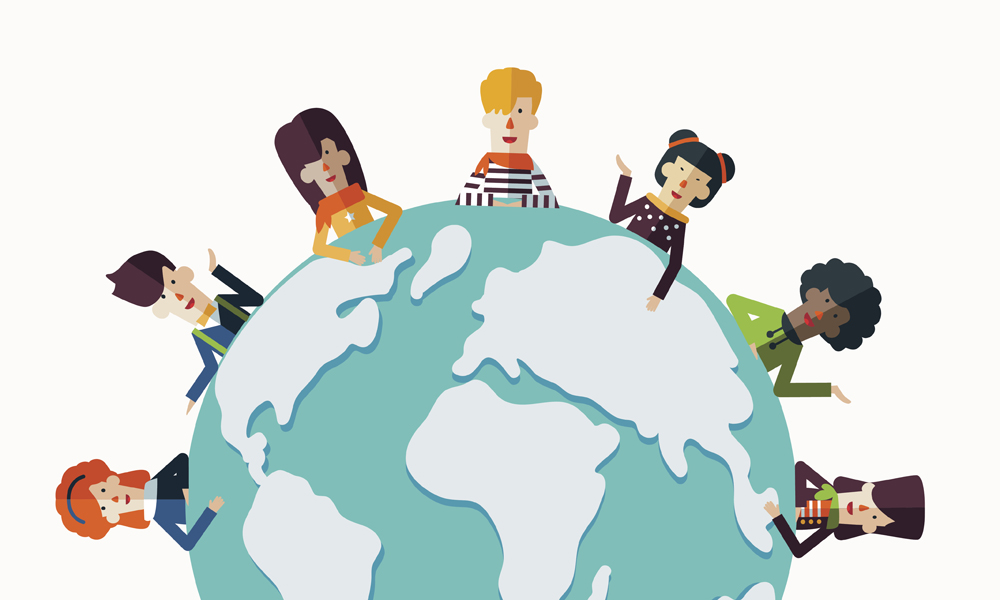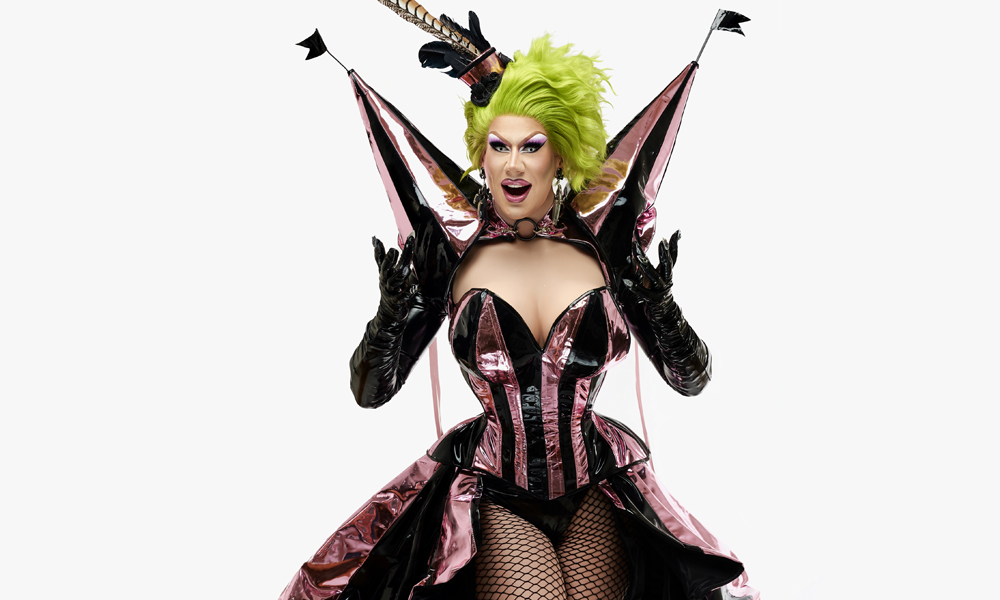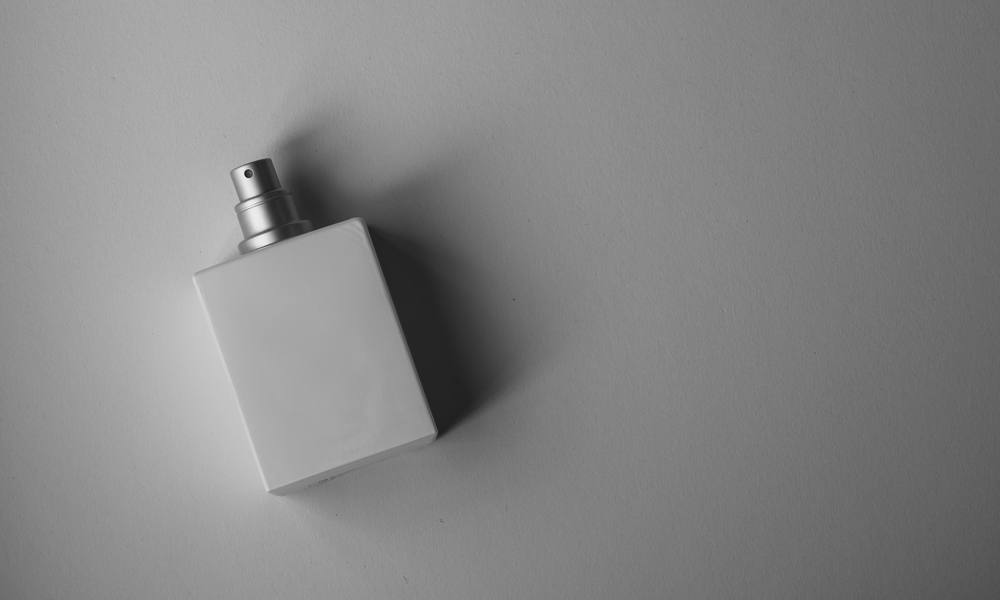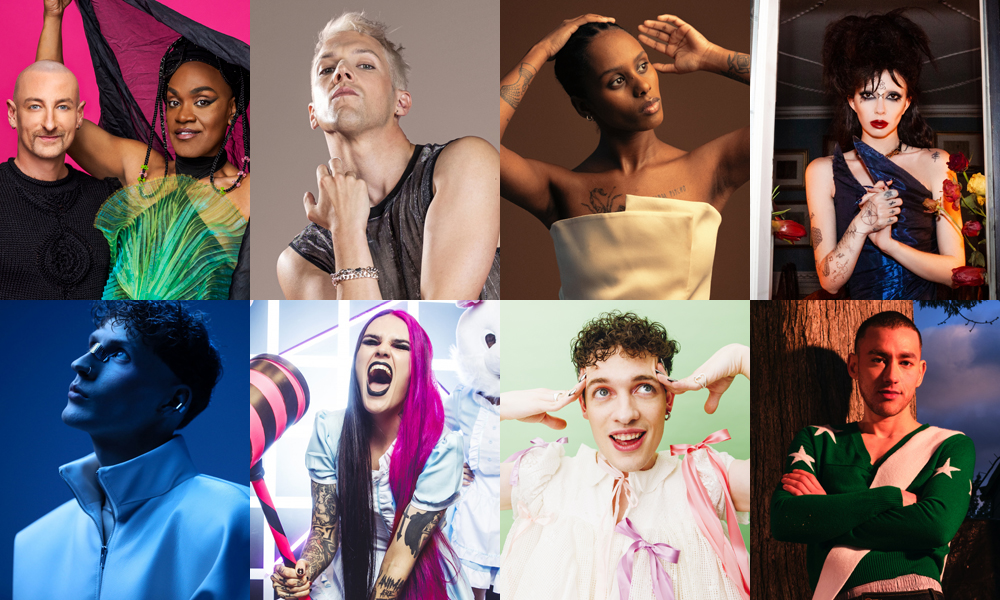The conundrum of “traditional values” politics…
By Adam Zivo
Something big happened in the early 2010s. International LGBTQ advocacy, which had been around for decades without much government support, was suddenly incorporated within many Western states’ larger umbrellas of human rights projects. This was epitomized by a memorandum issued by US President Obama in 2011, which declared that advancing LGBTQ rights would be a foreign policy priority. Through that memorandum, US departments and agencies were instructed to fight against the criminalization of LGBTQ rights, and to provide support for human rights advocacy where possible. It was an enormous victory. Two years later, the European Union also formalized its support for integrating LGBTQ advocacy and foreign policy, through its “Guidelines to Promote and Protect the Enjoyment of All Human Rights by LGBTI Persons.”
The vast diplomatic and financial resources of the US and EU were finally being put towards supporting LGBTQ rights advocacy. The importance of this policy shift cannot be overstated. Rights advocacy needs funding to thrive. The funds that can be provided through a government patron go far beyond what can otherwise be raised by civil society. Similarly, the tools of foreign policy – public condemnation of errant states, the threat of sanctions, diplomatic manoeuvring in multilateral fora – simply cannot be duplicated by activists working on their own. For the first half of the 2010s, it seemed as if the tides were moving decisively in favour of LGBTQ acceptance.
However, by the mid 2010s, the West’s adversaries took note of the fact that global LGBTQ advocacy ran up against important cultural frictions. However much the US and the EU advocated for LGBTQ inclusion, it could not suddenly undo local prejudices in developing countries. Their citizens resented being forced to accommodate sexual minorities, which they considered deviant, and especially so when this accommodation was implicitly coerced through foreign influence. Seeing an opportunity here, Russia led the retaliatory charge, pioneering a new kind of politics based on “traditional values.” Sodden with religiosity and nationalism, this worldview was explicitly antithetical to Western liberal secularism, turning instead to patriarchal conceptions of family and church. Western commitments to human rights were reframed as a homosexual conspiracy, a testament to the corrupting power of decadence, and a perversion to be defended against.
Concurrently, Russia worked hard to portray LGBTQ populations as illegitimate agents of foreign influence. As the country clamped down on LGBTQ rights, it also clamped down on foreign non-governmental organizations (NGOs) within its borders, drawing an explicit connection between the two. Abetted by the Russian Orthodox Church, Russia rejected the notion that its citizens could be naturally queer, and, in doing so, stripped its queer citizens of the basic protections that come with being a part of the body politic. The deep reservoirs of Russian homophobia were called upon to wash away Western “moral corruption,” putting an end to the brief window of LGBTQ progress that had begun in Russia in the 1990s. As an authoritarian state with a meagre history of liberalism, Russia’s fusion of homophobia and anti-Western nationalism was easily accomplished.
By the late 2010s, Russia started leveraging its “traditional values” rhetoric to reassert influence over its Eurasian neighbours, with mixed results. Countries like Hungary and Kyrgyzstan, eager to ingratiate themselves with the former superpower and cognizant of the social conservatism of their own citizens, adopted their own versions of “traditional values” politics. Kyrgyzstan adopted Russian-inspired laws against “homosexual propaganda,” while also expelling foreign NGOs. Through this it hoped to show solidarity with Russia and better reap the benefits of its membership within the Eurasian Economic Union (a cheap, knock-off EU dominated by Russia). Meanwhile, Hungary, a member of the European Union, chaffed at Western Europe’s tut-tutting of Viktor Orban’s rising authoritarianism. Doubling down on its growing illiberalism, it also copied Russia and began unravelling LGBTQ protections where it could, which has most recently manifested via a bill that legally erases transgender people. Not incidentally, Hungary started framing queerness as a vague, external threat aligned with the far right’s other favourite boogeyman: liberal mega-financier George Soros, who seems to haunt Orban’s imagination like an evil ghost and who, according to Hungarian far rightists, conspires to make Hungary super gay.
However, Serbia stands out as a curious outlier. As a Balkan country, it sits at the crossroads of East and West, split between European and Russian influence. Serbia has an aggressively nationalist and homophobic culture, and sees itself as Russia’s “little brother” due to their shared heritage (Slavic, Eastern Orthodox Christian). Yet, despite this, Serbia has made some improvements on LGBTQ acceptance in the past decade, including the inauguration of Ana Brnabić, a lesbian, as prime minister. Serbia’s concessions on LGBTQ rights are often understood as part of its broader attempt to “Europeanize” and fast-track its acquisition of EU membership, a long-standing goal for the country given its underdevelopment and hunger for EU funding. One can take Serbia as a case study of how “traditional values” politics can be stymied when countries feel an ongoing need to maintain good relations with, and even appease, Western political powers.
Unfortunately, while this toxic mix of homophobia and anti-Westernism was cresting in Eurasia, the United States detoured into Trumpism, which had the disastrous effect of hollowing out America’s international commitments to human rights. Though on paper the Trump administration committed to defending LGBTQ rights abroad, in practice the resources put towards advocacy were marginal. The tragic result was thus: the LGBTQ community, by receiving the patronage of the United States’ government, accidentally invited organized state opposition in Eurasia, and was then promptly abandoned to fight its new foes on its own. Though now the Biden administration has restored LGBTQ rights as a diplomatic priority, the hard-learned lesson is that state allies are often more intransigent than state enemies.
So what now?
With things being the way they are right now, what can LGBTQ people do? If the LGBTQ community is being used as a token in a cultural neo-Cold War, inextricably tied to the cold-blooded realities of international relations, then how ought it to manoeuvre?
The big question here is whether anything can be done at all. At least in Eurasia (East Asia is a whole separate matter), the frontiers of LGBTQ inclusion have largely been wrought through the last gasps of American hegemony, with substantial aid from the EU, which is in similar decline. Both used their economic and political might, and their spiritual push for liberal democracy, to protect vulnerable LGBTQ communities in homophobic countries.
However, the US and EU simply cannot influence certain areas as well as they used to, and we may have to admit that this loss of influence leaves us a little helpless sometimes. With the unfortunate end of Western hegemony, we now must contend that there are regions where we have limited power to push for good, constrained as we are by the evolving contours of global power. Such is the case in Chechnya, where the most Western activists can do is spirit refugees to safety. Another example would be Ukraine, a country that is copying Kremlin-style homophobia, including a proposed “homosexual propaganda” bill. If it were 10 or 20 years ago, Ukraine could easily be pressured to tone down its rights abuses. Today, Ukraine is at risk of once again becoming a Russian client state, and so, even though it is technically an ally of the West, there is limited capacity to pressure it to adopt better rights practices. Fundamentally, power is the key to righteousness, and without power, there can be no change. If mighty states can’t effectively advocate for change, then how can civil society actors, let alone average citizens, hope to?
One idea is to push Western states to take more control over the neo-Cold War narrative about LGBTQ rights. As of now, Russia has been dominating the conversation, treating LGBTQ issues with incredible seriousness, hallucinating them into an existential threat. In contrast, the West often sees LGBTQ rights as a soft issue, and invests accordingly. To illustrate, in 2019, Canada made a pioneering investment of $30 million in LGBTQ advocacy over five years, which sounds great but is in fact a drop within its annual international development budget (about $6 billion). If LGBTQ rights are already being pulled into a new narrative of civilizational clash, and hurting for it, then it may be time for us to invert that dynamic and use that same narrative to secure the funding and support we deserve.
In practice, this means making the case that LGBTQ advocacy is truly integral to foreign policy, not just because of universal moral principles but because of the security interests of Western states. An unexpected analogue can be found in the original Cold War, in battles over art. The United States poured inordinate sums of money into the development of abstract expressionism, as a way to wage cultural war against the Soviet Union, which, for ideological reasons, championed the Soviet realist style. Through its inclusion within an international culture war, something “soft” like art gained new significance and consequently received outsized investment and support. In the same way, if LGBTQ people can position themselves similarly, the international advocacy for their rights may receive more robust, enduring support, which may foster rights development in parts of Eurasia where the US and EU still have enough influence.
Some may argue that aligning LGBTQ rights to a specific political bloc may be dangerous, undermining the universality of human rights and reinforcing the othering experienced by LGBTQ populations in other countries. The fact is that those harms are already here, owing to the rise of “traditional values” politics. If we’ve been unwillingly pulled into a global culture war, then we need to make the most of it.
—
ADAM ZIVO is a Toronto-based social entrepreneur, photographer and analyst best known for founding the LoveisLoveisLove campaign.







POST A COMMENT